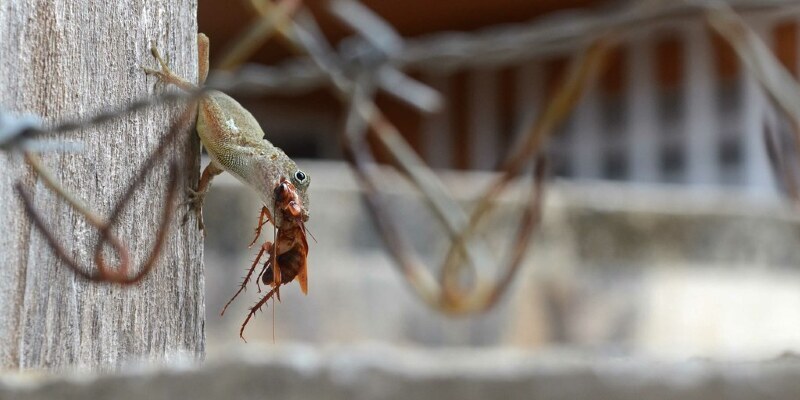Tips about Organic Pesticides for Vegetable Gardens
Vegetable gardeners must contend with pests ranging from grubs, weeds, insects like aphids and leaf-chewing beetles, slugs and mildew spores. Problems with these insects may be minimized by employing smart gardening practices such harvest rotating crops, carefully choosing vegetable varieties resistant to local pests, practicing good sanitation by eliminating weeds and mulches and implementing naturally derived organic pesticides when required.
Greatest Use
Unlike synthetic pesticides, organic pesticides have been made using botanical and mineral-based origins. Although both kinds can be toxic, organic pesticides break down a lot more quickly than conventional chemical products. However, because of this toxicity, even organic pesticides should be utilized as part of the integrated pest-management program only after other vegetable garden cultural strategies fail. When organic pesticides have been required, broad-based application may not be necessary; frequently spot treatment of affected crops is effective. It is helpful to keep records whenever an organic pesticide is used and whether the treatment successfully controlled the issue.
Groups Available
Commercial organic pesticides may be bought to manage common vegetable garden insects. Bacillus thuringiensis, commonly referred to as Bt, is a bacterial agent used to control insect issues. Other biopesticides include insecticidal soaps and horticultural oilsthat can be utilized to manage aphid infestations. Additional organic goods to fight pest insects comprise diatomaceous earth, pyrethrums, rotenone and neem. Organic vegetable gardeners seeking to avoid issues with fungal disease turn to goods containing copper, hydrogen peroxide or sodium bicarbonate. Sodium bicarbonate, or baking soda, shouldn’t be overused, however, since it may result in a buildup of sodium in the soil. Besides its insecticidal properties, neem oil in high concentrations — 70 percent — may curb issues with powdery mildew. Iron phosphate is offered in pellet form as an organic pesticide used to kill slugs and snailsthat prey on leafy vegetables.
Make at Home
Organic pesticides may also be economically made at home from typical kitchen and household items. As an instance, organic insecticide may be created utilizing chopped onions, garlic and chili peppers that are then mixed with warm soapy water. The mixture should stand immediately before winding and using. Another make-at-home organic pesticide uses liquid dishwashing soap combined with vegetable oil and water. Recommended by the U.S. Department of Agriculture, this organic insecticide is effective against whitefly, spider mites and aphids and may be used on vegetable crops such as carrots, cucumbers, eggplants and peppers. Talcum powder is utilized to visually control insects like flea beetle and corn ear worm; however, it must be reapplied after every rain to continue being effective. Weeds can be managed using an organic herbicide made of salt blended with vinegar that’s brushed straight on weeds. Homemade pesticides may also be dangerous if not used correctly, so tag bottles appropriately and store away from children and pets.
Latest Information
Because the record of organically approved pesticides is ever-changing, before using any new product, vegetable gardeners can consult the National Organic Program, that defines organic standards, and also the Organic Materials Review Institute, which provides lists of approved and disqualified pesticides for use in organic gardens.
